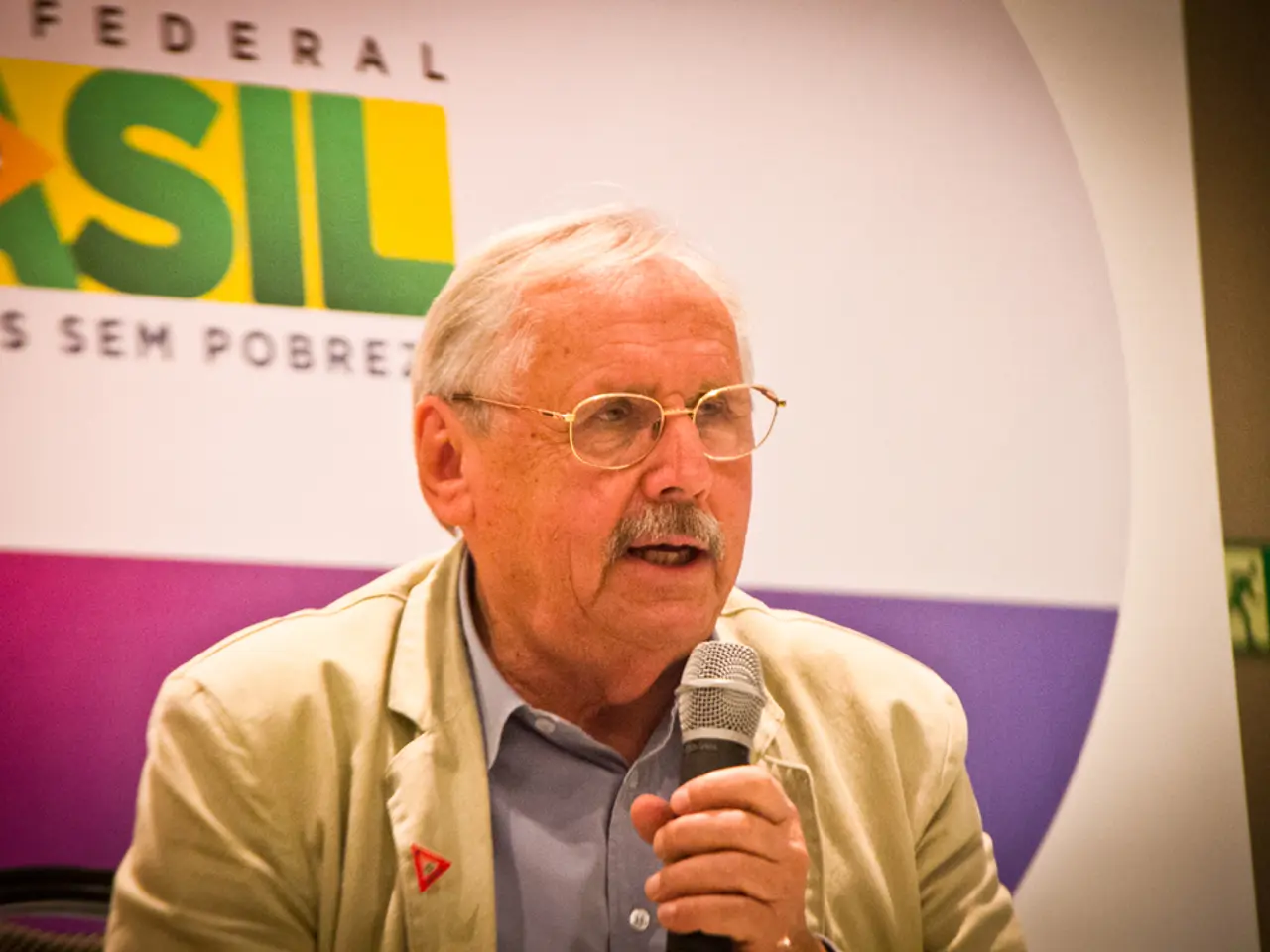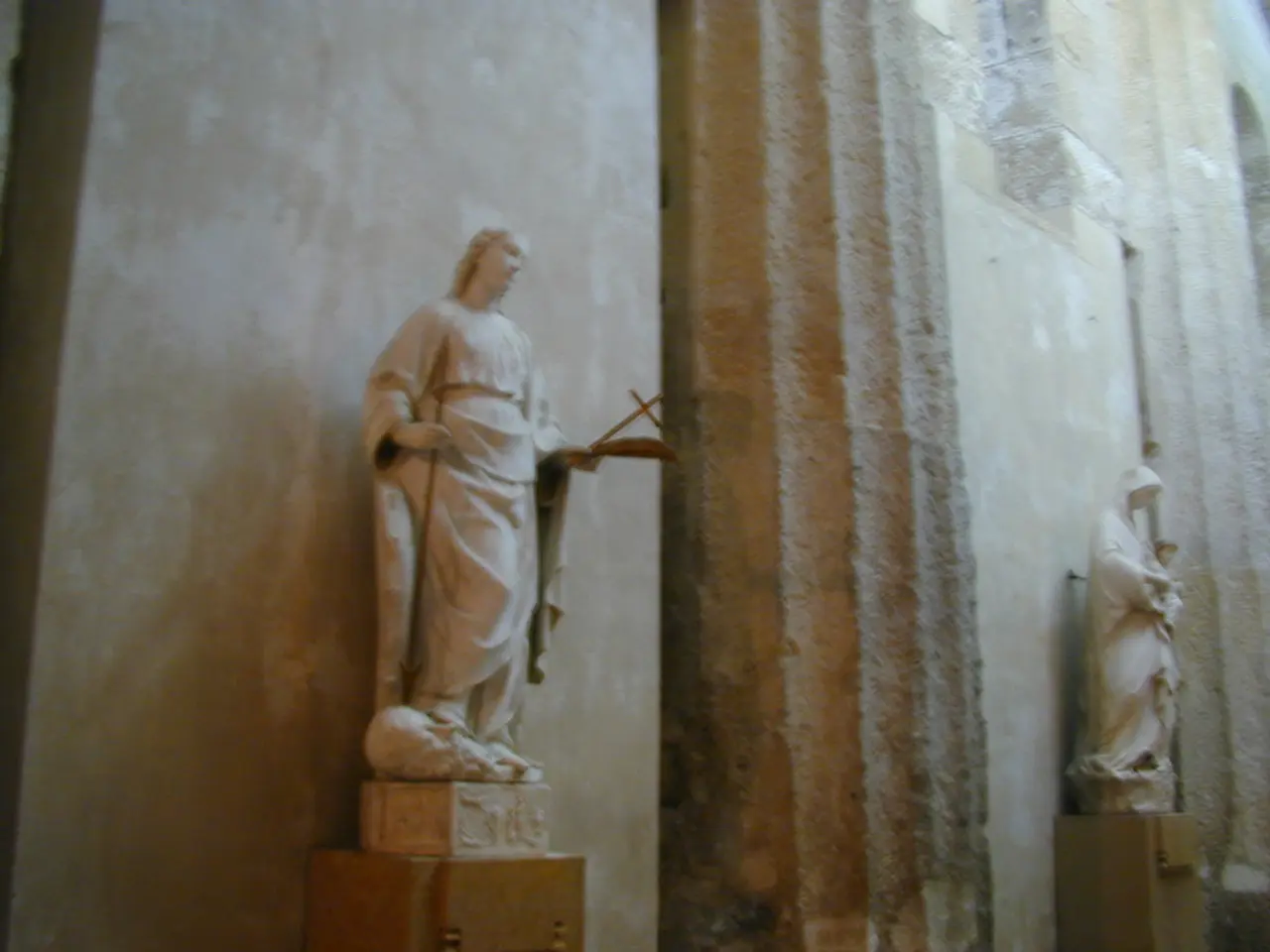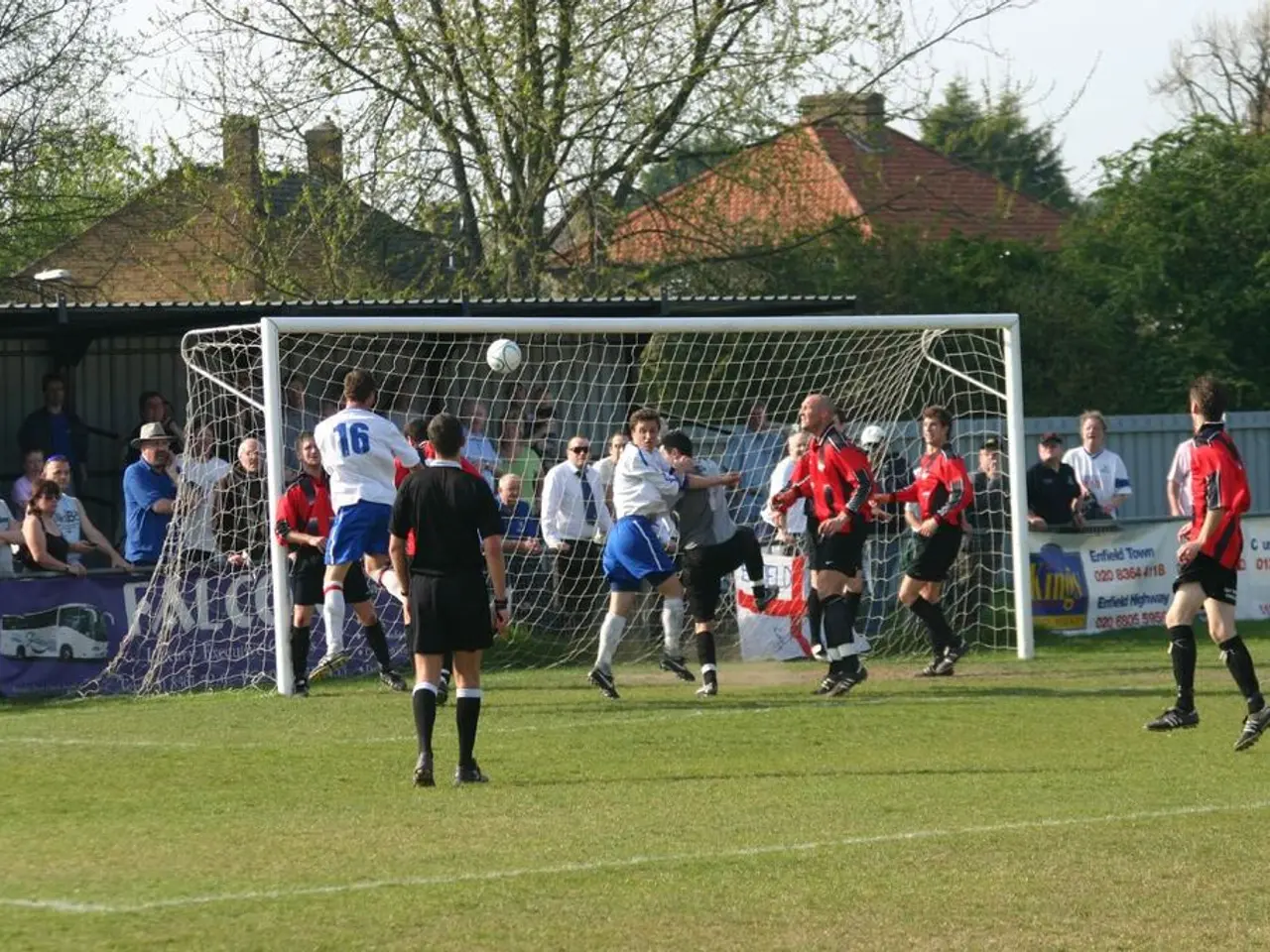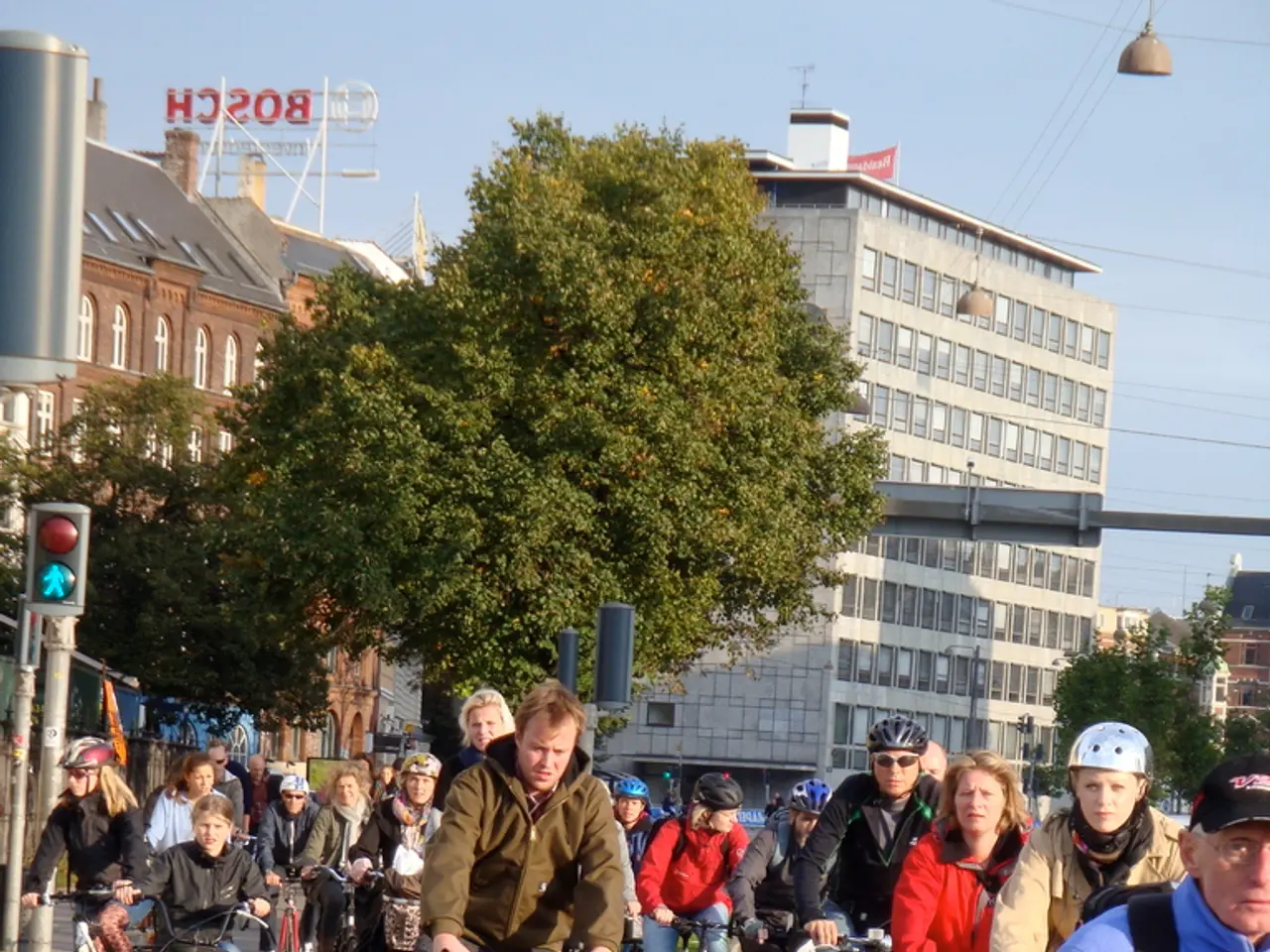SPD Proposal for New Supreme Court Justice Candidate Suggested by Söder - Socialist Party Propounds Proposed Judicial Overhaul
## Dispute Over the Election of New Judges: A Stalemate in Germany's Coalition Government
A contentious dispute has arisen in Germany's ruling coalition, the CDU/CSU and SPD, over the election of three new judges to the Federal Constitutional Court. The disagreement revolves around the nomination of law professor Frauke Brosius-Gersdorf, backed by the SPD, due to concerns over her stances on abortion and mandatory COVID-19 vaccinations, as well as a plagiarism allegation against her.
### The Withdrawal of Support and the Postponement of the Vote
The CDU/CSU unexpectedly withdrew their support for Brosius-Gersdorf just before a parliamentary vote, leading to a postponement of the vote in the Bundestag. The plagiarism allegation against Brosius-Gersdorf was a significant factor in the CDU/CSU's decision to withdraw support.
### Proposed Solutions and Future Steps
Markus Söder, the leader of the CSU, has proposed several solutions to resolve the impasse. He suggests that a simple majority in the Bundestag should be sufficient for the election of judges, rather than the current two-thirds majority requirement. Söder also calls for a reform of the election procedure to prevent similar delays in the future.
The election of new judges has been postponed, with the process likely to continue in the coming months. The Bundestag President has urged political factions to reflect on their responsibilities, aiming for a resolution that ensures the court continues to function effectively.
Two of the vacant judicial seats will definitely be filled with SPD candidates, and there is enough time until September for the election of new judges. Söder expresses concerns about the Left Party determining the Union's actions and calls for the Union to free itself from their influence.
Söder stands firmly behind the Union parliamentary group leader Jens Spahn, stating that they trust and continue to support him. He also does not see a need for special sessions for the Federal Constitutional Court and does not perceive any damage to democracy or the parliament from the recent events.
In conclusion, the dispute over the election of new judges in Germany's Federal Constitutional Court has highlighted the need for political consensus and possible adjustments to the election process to prevent similar delays in the future. The ongoing discussions and proposed solutions aim to ensure the smooth appointment of judges and the continued effective functioning of the court.
- The ongoing dispute over the election of new judges in Germany's Federal Constitutional Court has brought the need for community aid in policy-and-legislation to the forefront, with some advocating for policy changes to streamline the election process and avoid political stalemates.
- Amidst the stalemate, the general news has sparked debate on the role of politics in the selection process of judges, with some politicians proposing reforms to ensure the development of the fisheries sector of the community aid is not neglected in the midst of political disagreements.







